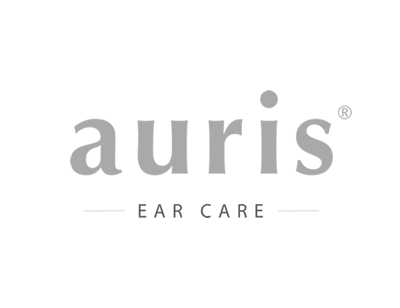Millions of people suffering from excessive ear wax ponder one question: Do home ear-cleaning kits work? Historically, highly skilled medical professionals, namely ENT doctors, ENT specialist nurses, and audiologists have performed ear cleaning. The idea of trying it yourself without the appropriate skills, training, and experience seems dangerous. Nonetheless, with the ever-increasing sales of home ear-cleaning kits and tons of alleged success stories of people removing their own ear wax, one could argue for them.
Let us talk first about why they are not suitable. Home ear-cleaning kits can be unsafe for several reasons:
- Risk of injury: Many home ear-cleaning kits include tools such as ear picks or ear syringes to remove earwax. However, if not used properly, these tools can cause injury to the delicate structures of the ear canal, leading to pain, bleeding, or even perforation of the eardrum.
- Pushing earwax deeper: Inserting objects such as cotton swabs or ear picks into the ear canal can push earwax deeper into the ear canal rather than removing it. This can exacerbate the problem and lead to a blockage or impaction of earwax.
- Potential for infection: If the tools in a home ear-cleaning kit are not properly sterilised or the cleaning process is not performed hygienically, bacteria or other pathogens may be introduced into the ear canal, leading to infection.
- Lack of precision: Cleaning the ears at home without proper training or guidance from a healthcare professional can result in ineffective cleaning or damage to the ear canal.
- Underlying conditions: In some cases, symptoms of ear discomfort or hearing loss may be caused by underlying conditions that require medical attention. Attempting to clean the ears at home without addressing the underlying issue can delay appropriate treatment and worsen the condition.
Why might you use home ear cleaning against the advice of a medical professional?
- Cost considerations: Home ear-cleaning kits are much cheaper than visiting a clinic, which can cost between £60 and £100 and may require multiple visits if the ear wax is stubborn.
- Convenience: Some people do not have the time to travel to clinics, others may have parenting responsibilities and many cannot leave their homes due to disabilities.
- Misinformation and lack of awareness: Misconceptions about ear cleaning and the safety of home remedies may lead individuals to believe that using home ear-cleaning kits is a harmless and effective way to manage ear wax buildup. A lack of awareness about the potential risks and proper ear-cleaning techniques may contribute to this misconception.
- Anxiety in medical environments: Some people do not like hospitals or clinics and seeing a healthcare professional makes them nervous.
- Perceived effectiveness: Despite knowing the risks, some people may have had a positive experience using home ear-cleaning kits. They may continue to use them based on their own experience.
These reasons do not reduce the risk of damage or injury to your ears. When the option of seeking advice from a training healthcare professional is available, avoid using home ear-cleaning kits if you are experiencing ear-related symptoms or concerns. A healthcare professional can safely and effectively remove excess earwax and provide guidance on ear care practices.



